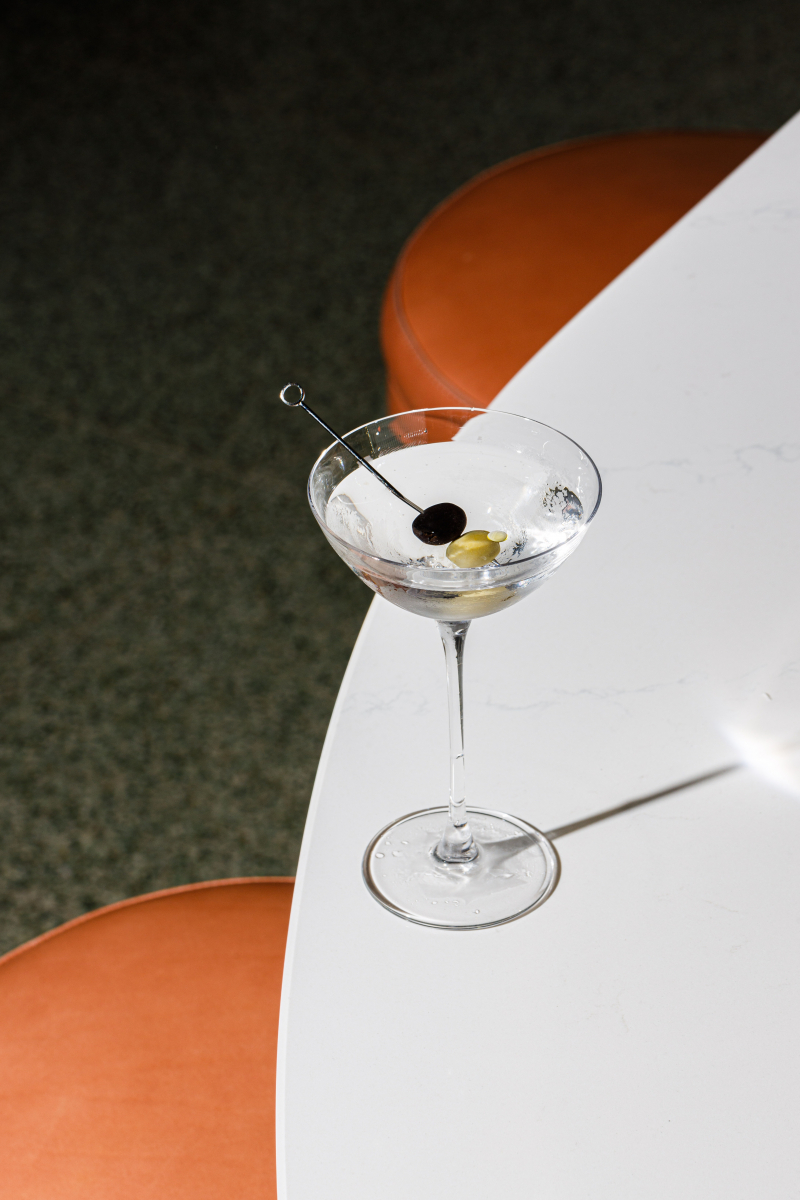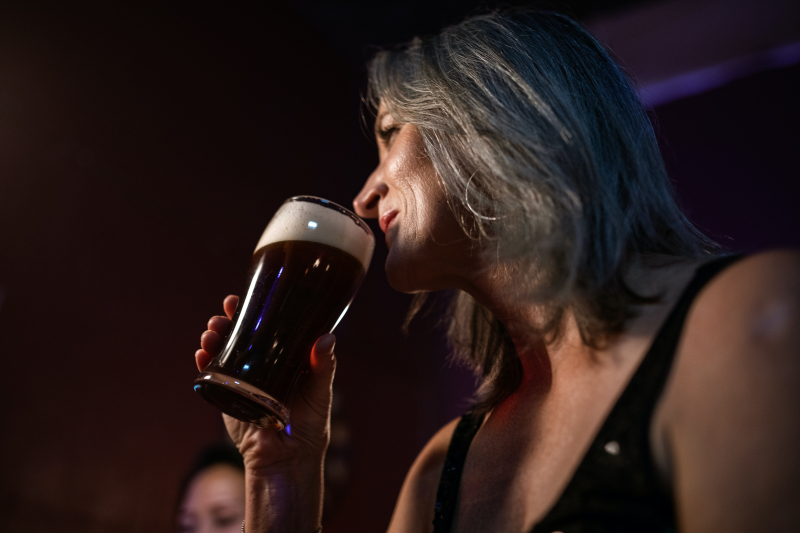Alcohol Prohibition
Considering that Americans consumed three times as much alcohol in the 19th century as they do today, this may seem relatively insignificant in comparison to property seizures and executions, but it had real repercussions for many Southerners, especially those susceptible to delirium tremens. Yet, Confederate governments continued to enact harsh regulations, such as Tennessee's prohibition on the sale of liquor, the country's most popular beverage at the time, within four miles of the homes of "national or confederate soldiers."
Even it was insignificant in comparison to the prohibition on distilling whiskey and brandy across the whole Confederacy. In secret, it was more because the copper used in distillation was needed for artillery, even if the official explanation was that the maize and other products were needed to address food shortages.
These alcohol restrictions were wildly ineffective, much like the infamous Prohibition of the 1920s and 1930s. For instance, General John Winder shut down saloons and outlawed the selling of alcohol in general on March 1, 1862. The provost guards responded by continuing to use fake prescriptions to buy alcohol from apothecaries, appearing to consume the same amount of alcohol as previously. The sale of illegal alcohol led to the arrest of numerous pharmacists.












